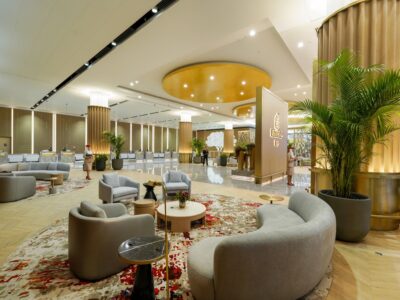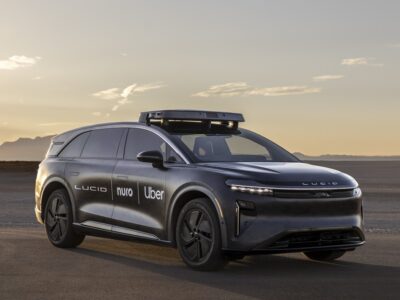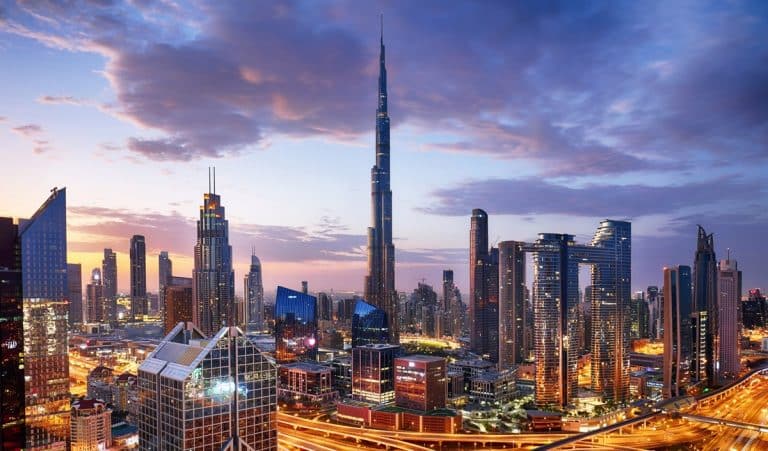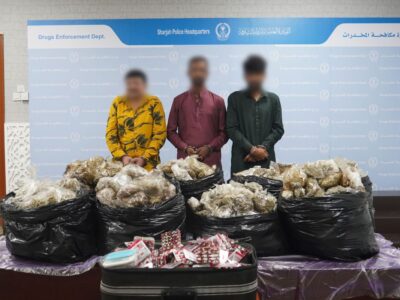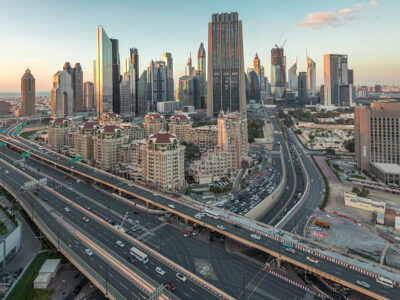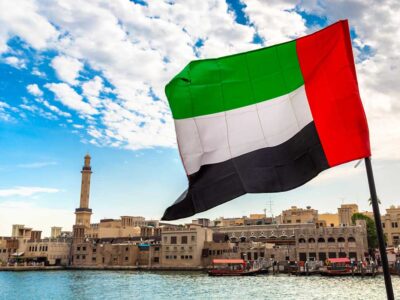Married couples and Asian expats are most likely to invest in UAE real estate this year, according to a recent report by YouGov.
The data research firm found that 7 out of 10 married couples are considering to buy a property in the UAE within the next 12 months.
The data also revealed a growing trend among Asian expats, with 58 percent of Asian respondents expressing interest to investment in property in the UAE.
The demand for UAE real estate is being driven by a number of key factors, including strong confidence in the market and a desire for profitable investments.
According to the YouGov report, the majority of surveyed respondents, 79 percent, are actively seeking out ways to invest their money to increase financial security and to grow their wealth.
The UAE real estate market has been on a steady rise in recent years, with property values increasing significantly in both Dubai and Abu Dhabi. According to the ValuStrat Price Index, which tracks changes in property values year-on-year, property values in Dubai increased by 19.9 percent in the last year alone, while values in Abu Dhabi rose by 6.4 percent.
The YouGov report did not provide specific details on the areas where aspiring homeowners are seeking property investment opportunities. However, the survey did reveal locations particularly popular among respondents.
In Dubai, Palm Jumeirah and Dubai Festival City are most favored by respondents, while Yas Island is a top choice in Abu Dhabi. These locations are known for their prime real estate offerings, including luxury apartments and villas, as well as their convenient locations and amenities.
According to Knight Frank, properties in these select areas in the could see even higher growth in 2024. Property values in the district of Palm Jumeirah in Dubai could exceed 20 percent. Meanwhile, properties on Yas Island in Abu Dhabi are expected to see values go up by 10 percent by year end.
Dubai continues to emerge as a property safe haven for Asia’s high net-worth individuals
Dubai is expected to continue to be the preferred wealth hub for many entrepreneurs and rich families in Asia. With favorable policies and a growing number of wealth managers setting up offices in Dubai, the city has increasingly become an attractive destination, especially for Chinese investors.
Late last year, one of China’s top wealth managers, Noah Holdings, which oversees around $23 billion in client assets, announced that it is expected to acquire a business license in Dubai by the end of this year.
According to Qing Pan, CFO of Noah Holdings, an increasing number of Chinese entrepreneurs are looking to expand into new markets to diversify their portfolios and turning to the Middle East for investment opportunities.
The UAE has been attracting HNWI individuals for the past few years now. In 2022, the country saw the highest net inflow of millionaires in the world, furthermore it was estimated to have received a net inflow of another 4,500 last year.
This influx has driven strong price appreciation in Dubai’s luxury segments according to property experts.

Sustainability matters
Sustainability is becoming a key consideration for many homeowners in the UAE, as awareness of the environmental impact of housing and a desire for green energy grows.
According to data from YouGov, two-thirds of respondents are looking for sustainable housing solutions, with 76 percent of aspiring homeowners believing that green energy is the future.
As a result, nearly 60 percent of respondents revealed they only try to purchase property from companies who are socially and environmentally responsible.
Up to 79 percent of respondents said they would consider properties with solar panels, and 63 percent of aspiring homeowners are willing to pay more for sustainable energy for their property.
On a global scale, the UAE has the 14th highest concentration of green-rated buildings according to a recent report by Knight Frank. With 563 green buildings, Dubai is the only city from the region in the world’s top 25 cities for the highest number of environmentally accredited buildings, which includes both local and international accreditations.
The UAE’s commitment to sustainability is set to continue, with the leadership extending the “Year of Sustainability” into 2024. This is expected to drive further growth in the number of green buildings in Dubai, as residential projects incorporate sustainable design elements such as natural light, improved insulation, smart technology, energy-efficient appliances, and renewable energy sources such as solar panels.
